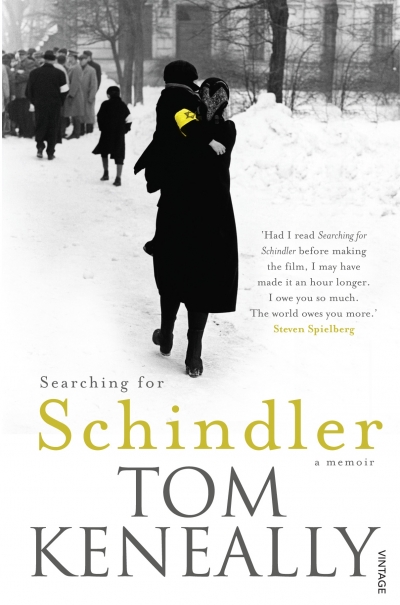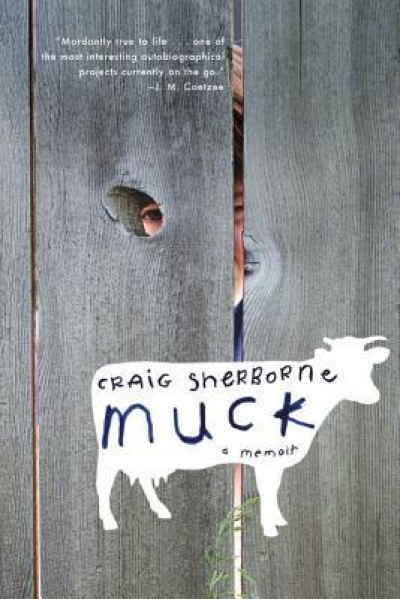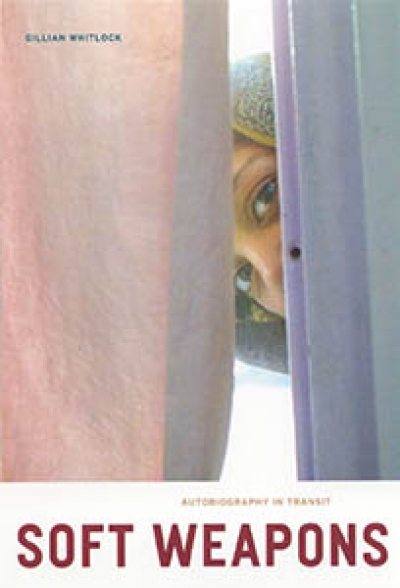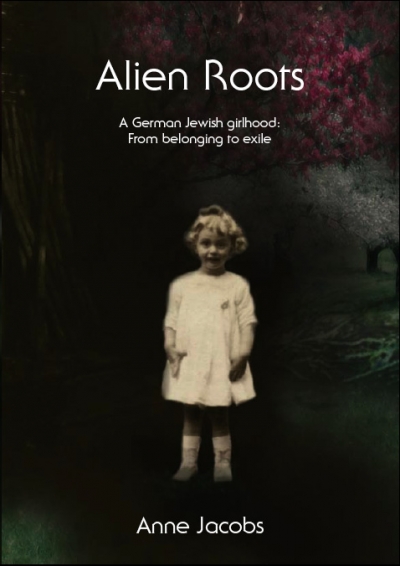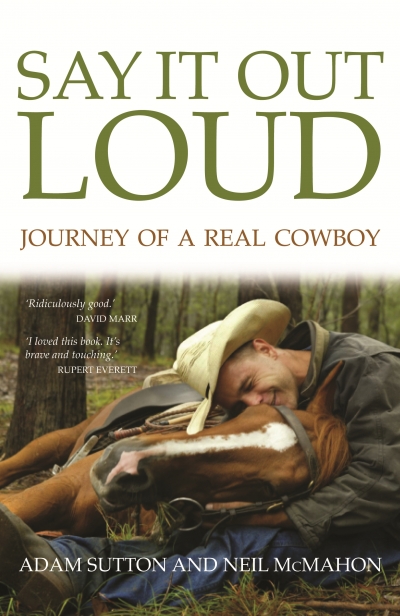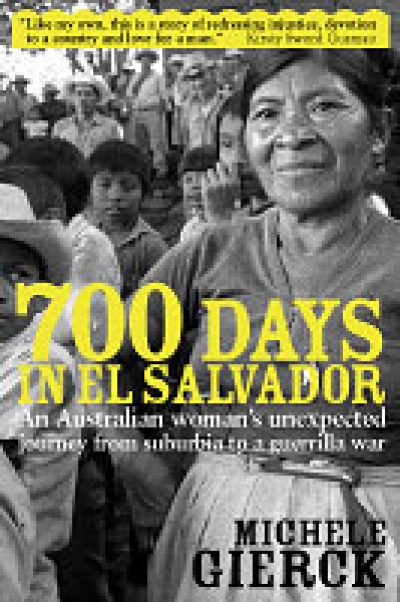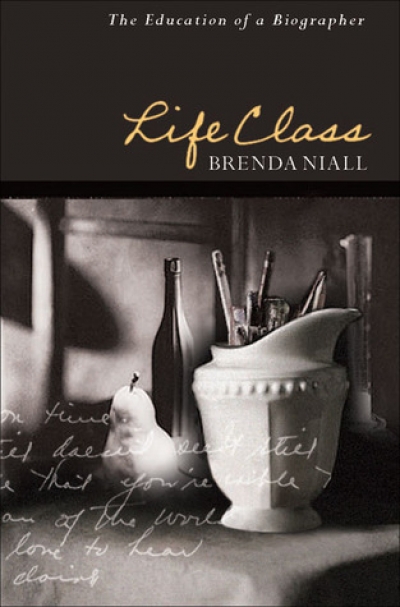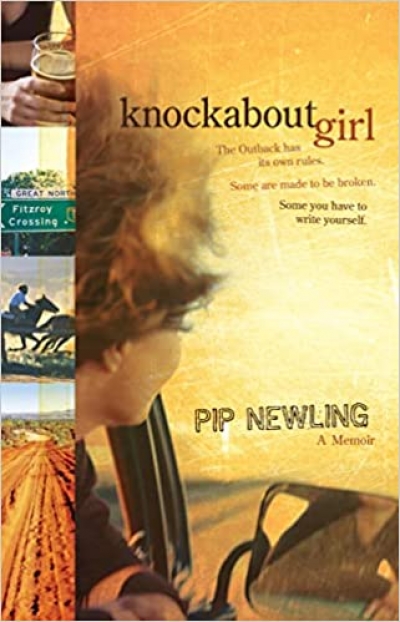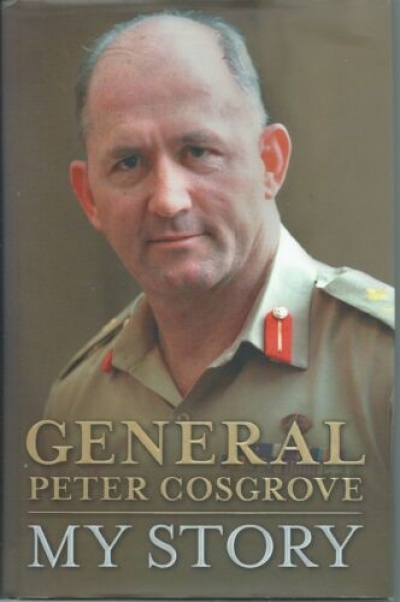There is certainly a refreshing candour in My Story and a good deal of pleasant anecdote and humour, but, on the whole, not a lot of ferocity. Cosgrove is most at ease and most readable when he can be convincingly diffident, mocking his own pretensions or, more often, the embarrassing lack of them, as in his account of his arrival at Duntroon Military College. Just short of eighteen, with a ‘lot of growing up to do, both physically and emotionally’, coming off a modest performance in his second try at the Leaving Certificate, with a school track record of larrikin insouciance, the young Peter Cosgrove had every reason to feel nervous as he boarded the bus outside the Canberra station for the short trip to Duntroon. Finding he is sitting next to ‘a fellow who seemed about my age (although years more mature)’, Cosgrove decides to ‘break the ice’. As a result, he discovers that this young man is a product of one of Sydney’s most prestigious private schools, that he had been school captain, a senior cadet, captained the School XV and had been selected for the combined GPS rugby team. Despondently, Cosgrove asks about cricket, assessing himself as ‘no world beater [but] better [at cricket] than at rugby’. His delight in hearing that his companion never played the game is quickly snuffed out when the young man explains that, as stroke of the school eight when his school won the Head of the River, he had no time for cricket. ‘We sat in silence for a moment and then he turned to me and said, “What about you?” I said morosely, “I’m on the wrong bus!”’
...
(read more)

